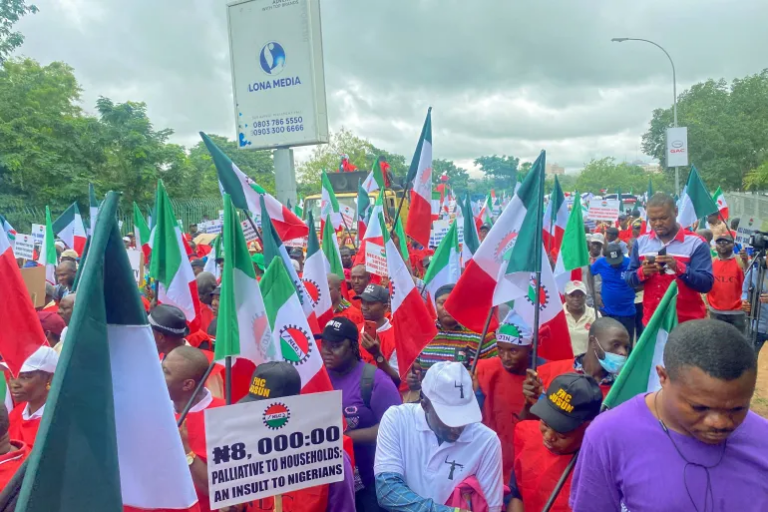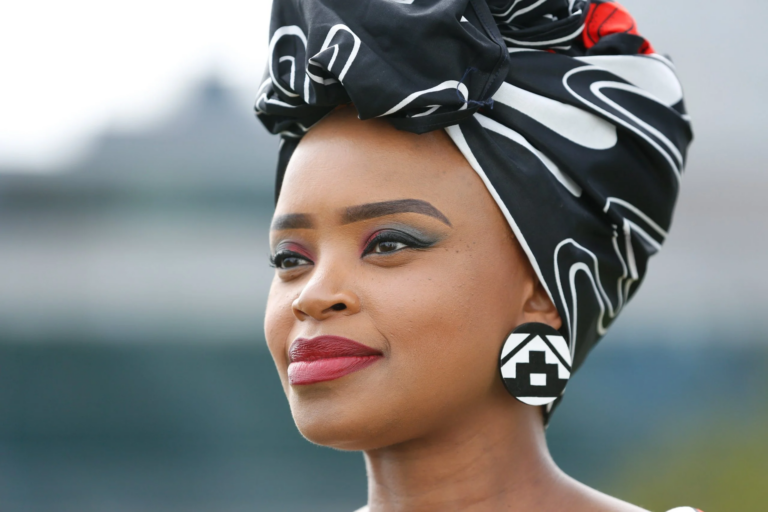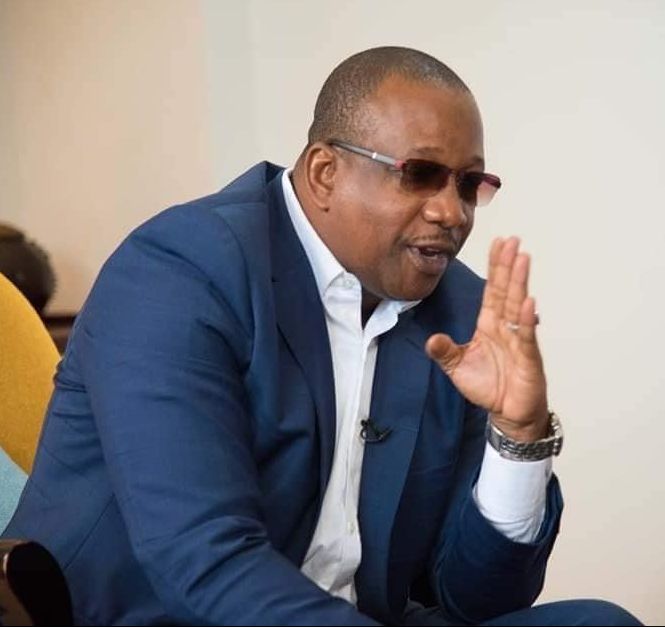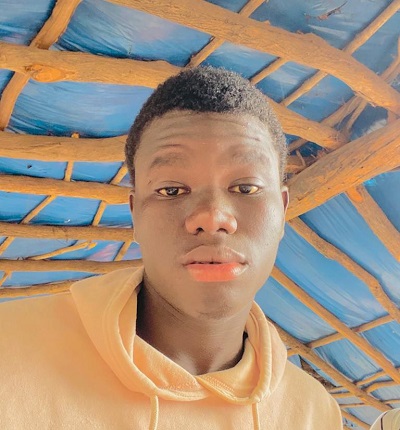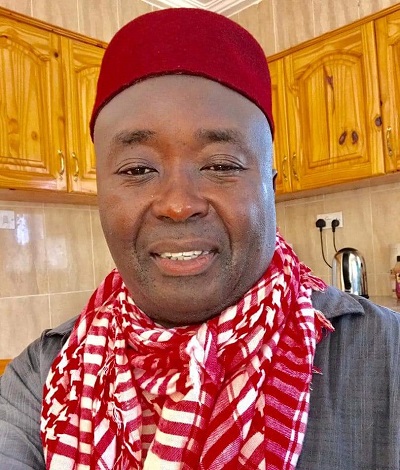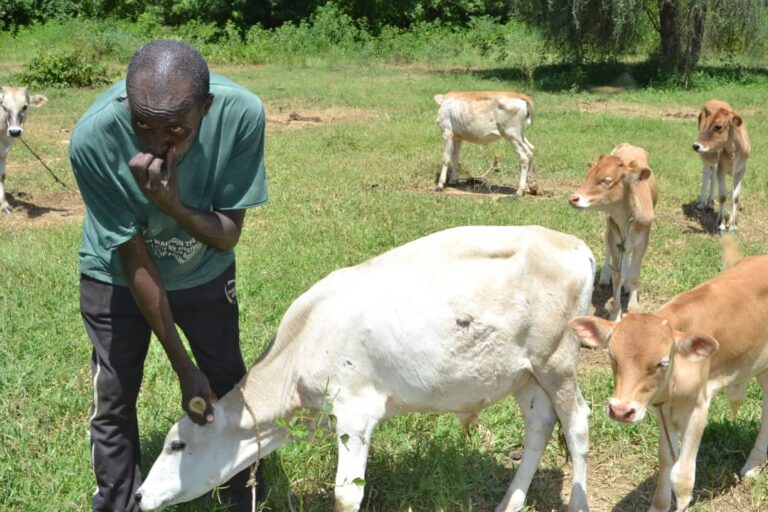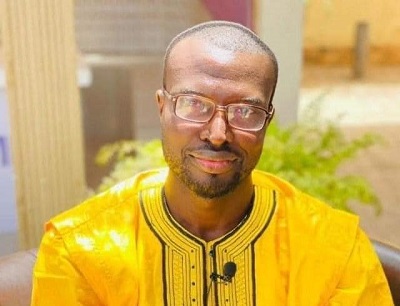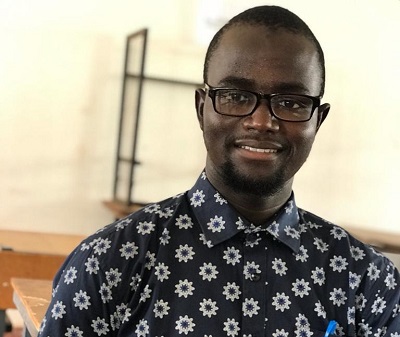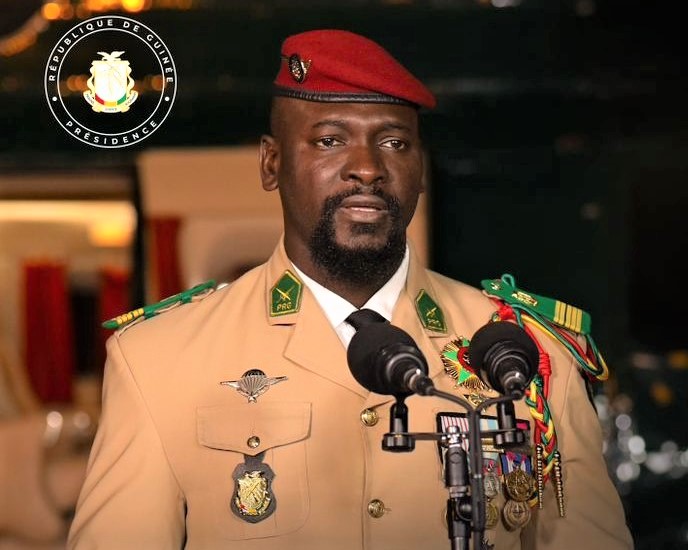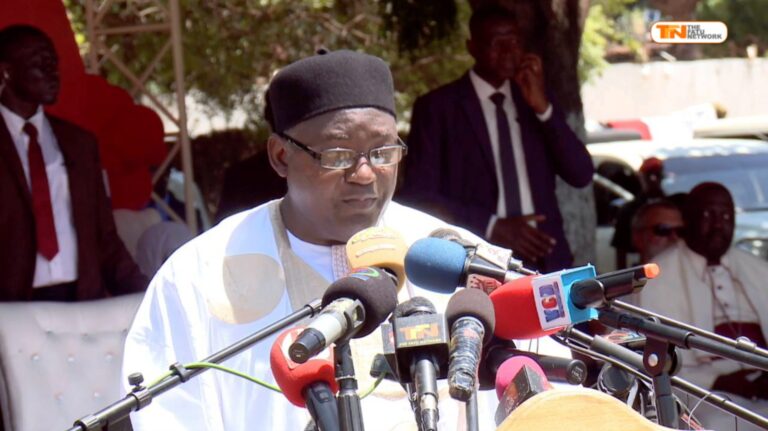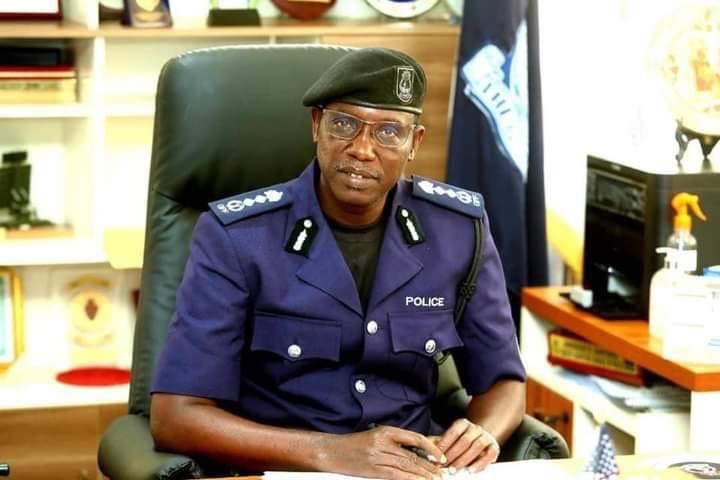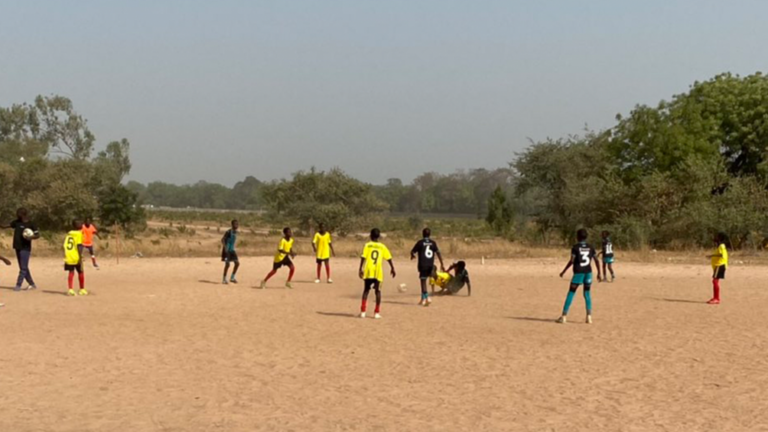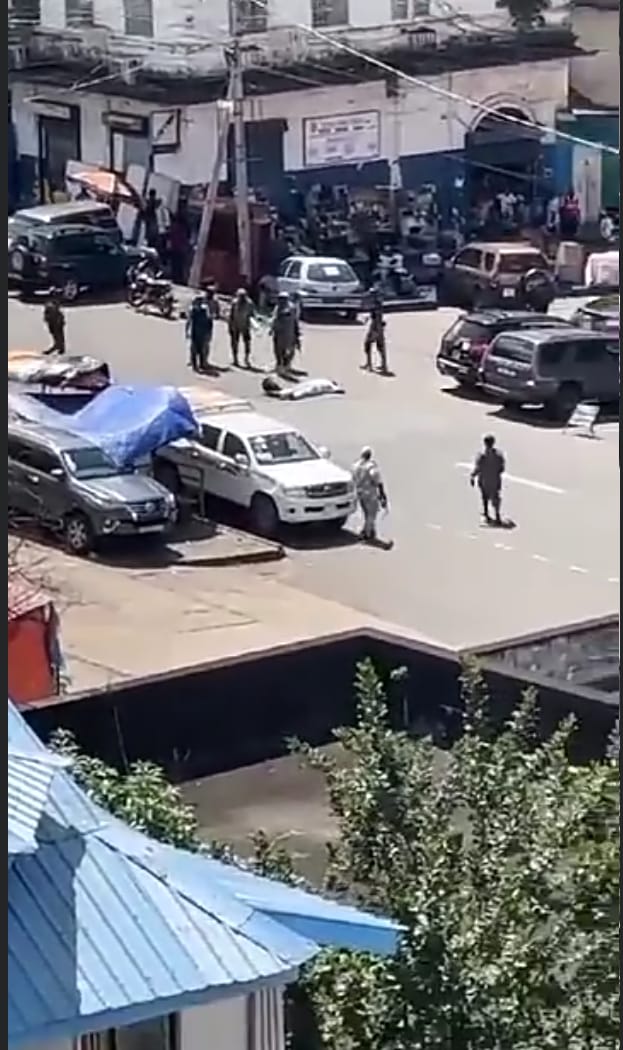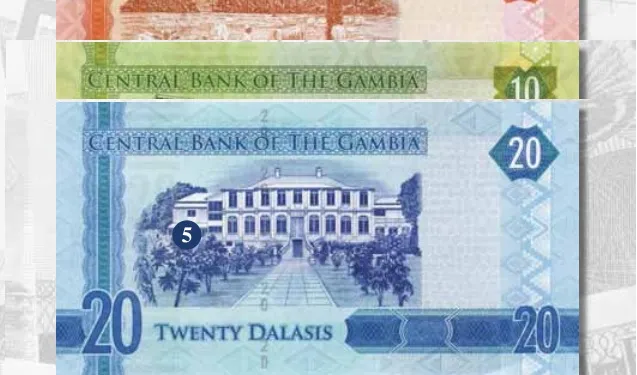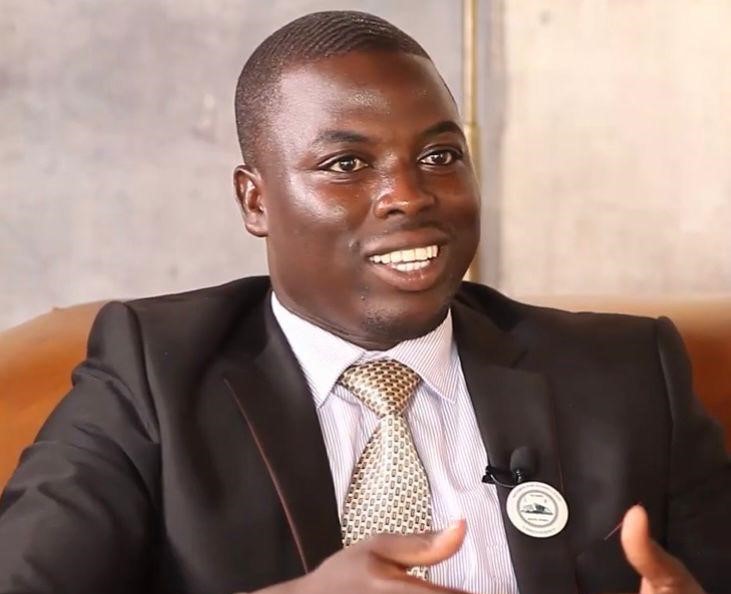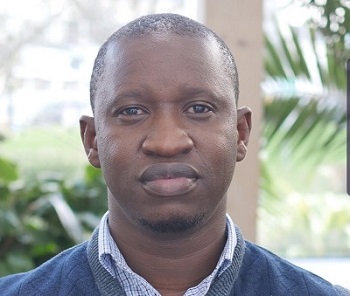OPINION
By: David Kujabi
Abstract:
The African continent has witnessed a surge in coups and political unrest in recent years, with several West African nations affected by political instability. This article delves into the regional threats and their potential impact on The Gambia, focusing on the indicators of conflict. Drawing on recent coups in Africa, political developments in neighbouring Senegal, and the current situation within The Gambia, this article explores the key factors that could exacerbate the risk of violent conflict in the region and provides recommendations to mitigate these risks and foster stability.
Introduction:
The Gambia is generally characterized by its political stability with a history of weathering the storm whenever it came to the brink of violent conflict (case in point: the 1981 coup and the political impasse in 2016). However, recent developments in neighbouring countries, coupled with internal challenges, raise concerns about the potential for conflict within The Gambia. This article analyses the various conflict indicators and their implications for The Gambia.
Recent Coups in Africa: A Worrying Trend
The African continent has seen a series of coups in recent years, indicative of political instability. Notable examples include Mali, Guinea, and Burkina Faso coups, with the most recent one occurring in Niger and Gabon. These coups highlight the fragility of governance in the region and threaten the stability of neighbouring nations, including The Gambia. Besides the successful coups, there have been reports of coup attempts in The Gambia, Guinea Bissau and Sierra Leone. These incidents underscore the proximity of instability and the potential spillover effects on Gambia’s political landscape.
Despite the surge of coups, particularly in West Africa, the efforts of the Economic Community of West African States (ECOWAS) to stem this trend, especially in the case of Niger, have been largely ineffective. While ECOWAS has consistently condemned these coups and threatened sanctions, it has struggled to translate its rhetoric into meaningful action. The continued occurrence of coups in the region underscores ECOWAS’ limitations in maintaining stability and restoring democratic governance. Therefore, it is essential to consider how these attempts could influence The Gambia’s political situation.
Political Situation in Senegal: A Cause for Concern
As it prepares for the 2024 elections, the current political situation in Senegal raises concerns for the stability of The Gambia. Given the historical context of Senegal’s crucial role in preventing conflicts in The Gambia, any political turmoil or unrest in Senegal could have a spillover effect on its neighbour. The close geographic proximity and interdependence between the two nations mean that instability in Senegal could disrupt the security dynamics in The Gambia. The experiences of the 1981 coup and the 2016 political impasse highlight Senegal’s significant role in maintaining peace in The Gambia. Therefore, monitoring and addressing any potential conflicts or unrest in Senegal is essential for the security and stability of the entire region. Top of Form
Current Realities and Conflict Indicators in The Gambia
The Gambia’s Transitional Processes: Efficacy and Challenges
The Gambia has embarked on a series of critical transitional processes, including the Janneh Commission, Constitutional Review Commission, Truth, Reconciliation, and Reparations Commission (TRRC), and Security Sector Reform (SSR), to ensure stability and justice. However, the efficacy of these endeavours remains a subject of uncertainty and scrutiny. While the Janneh Commission succeeded in its mission to investigate former President Jammeh’s financial activities, it inadvertently provided an avenue for the emergence of new corrupt actors. Attempts to craft a new and progressive constitution faltered in its early stages, resulting in significant financial expenditure without tangible results. The TRRC, though pivotal in exposing egregious human rights violations, awaits full implementation of its recommendations as outlined in the Government White Paper. While SSR efforts are underway, their impact is tempered by the challenges faced by complementary transitional processes. It has been six years and counting since ECOMIG started operations in The Gambia, and it continues to be here without a clear mandate and end of mission. These issues raise critical questions about the extent of meaningful reform that can be achieved in The Gambia’s pursuit of stability and justice.
Socioeconomic Challenges and Their Implications for Crime and Security
The Gambia confronts pressing socioeconomic issues, such as soaring inflation rates and widespread youth unemployment. The glaring gap between economic realities and average wages breeds frustration and discontent among its populace. Notably, a report from The Gambia Labour Market Information System reveals that over 29 % of the country’s active labour force remains unemployed. More than 40 % of those employed struggle to make ends meet, living below the poverty line of $1.25 per day. This stark economic dependence on a labour force earning meagre wages raises questions about its potential role in fuelling bribery and corruption within the nation.
Furthermore, the escalating rates of drug and alcohol abuse in The Gambia present alarming trends that contribute to a rise in criminal activities and place significant strain on the justice system. Recent high-profile drug cases, such as the elusive Banta Keita, drug trafficking incidents through the Banjul airport en route to Brussels, and the more recent Pablo Djabi case, are profoundly concerning developments. The proliferation of substances like “KUSH” (locally known as Gina Bass or Nagaaw) is wreaking havoc among Gambian youths. These trends suggest a concerning nexus between drug prevalence and the proliferation of small arms and light weapons, raising complex security challenges for the nation. The high rates of youth unemployment and significant economic disparities can lead to resentment and social unrest, particularly among the country’s younger population.
Political Divisions: Although The Gambia has undergone a successful electoral cycle, the acrimony and tensions that emerged during the election campaigns continue to fester unabated. At a time when messages from the leadership should inspire inclusiveness and foster unity, the opposite is what happens. It is, therefore, encouraging that Seedy Ceesay, the ruling party’s Administrative Secretary, is talking about engaging the opposition to end hostilities.
Corruption and Impunity: Widespread corruption erodes public trust in institutions and can lead to disillusionment among the population, potentially fuelling unrest and conflict. The ongoing Local Government Commission of Inquiry is a stark reality of how serious corruption is. Besides the revelations from the inquiry, there have been many reports of corruption and bribery, yet only Dr Banja’s case has gone to court. There appears to be impunity for corruption, creating an atmosphere of despair and frustration.
Natural Resource Conflicts: Land disputes and tensions related to resource exploitation, especially in rural areas, can trigger violent conflicts if not adequately managed. The Gambia continues to experience land disputes, which sometimes lead to violence. It is sad to note that The Gambia does not still have a land policy to regulate and guide land governance. The exploitation of natural resources, especially by foreign companies, without the active involvement and or benefit of the communities continues to pose a problem.
Conclusion
The challenges and conflict indicators discussed have significant implications for the country, particularly in Senegal’s upcoming elections. The Gambia’s ongoing transitional processes aimed at ensuring stability and justice have encountered their fair share of challenges, including corruption and delays in implementing critical recommendations. These raise questions about the nation’s ability to address its internal issues and maintain stability effectively.
Furthermore, The Gambia’s socioeconomic challenges, including high inflation, youth unemployment, and drug abuse, contribute to crime trends and security concerns. These issues can exacerbate existing tensions and social unrest, making it even more crucial for the government to address these challenges to ensure stability.
Clearly, the stability of Senegal holds immense significance for The Gambia. The upcoming elections in Senegal pose a risk of political unrest, which could have a ripple effect on The Gambia’s own stability. Consequently, it is essential for The Gambia to diligently address its internal challenges and closely monitor and engage with regional developments to ensure lasting peace and security. nations, ultimately serving as the cornerstone for stability and progress in The Gambia.

